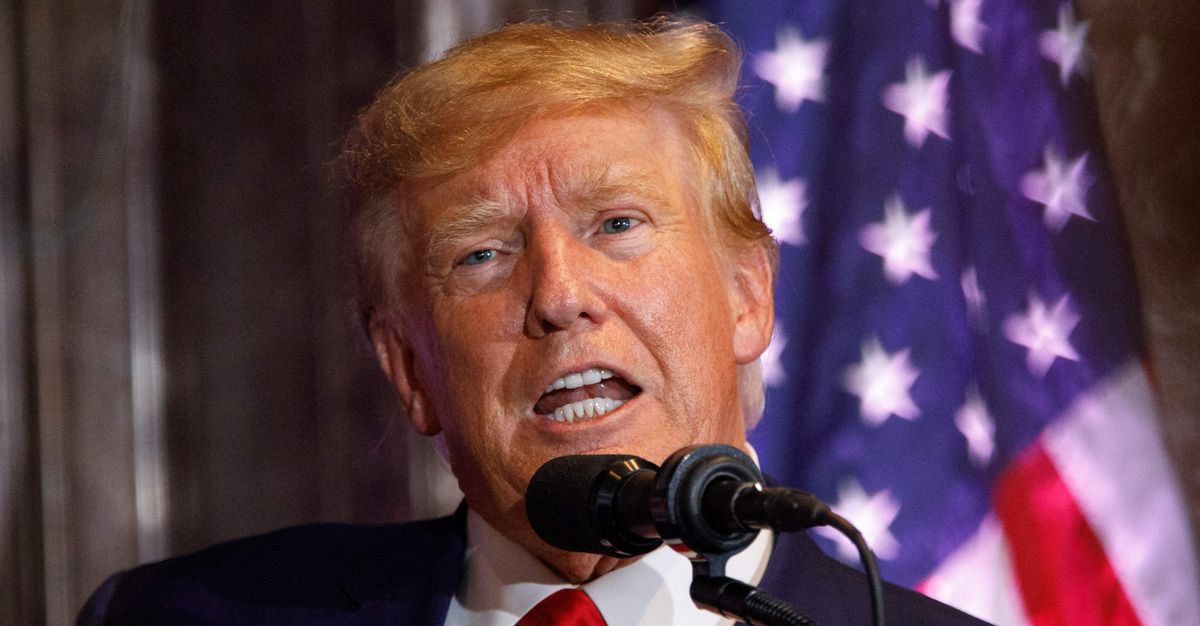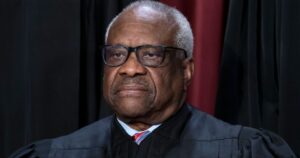Key takeaways:
- The Berkeley Research Group, commissioned by Trump’s 2020 campaign team, failed to substantiate his theories of electoral fraud.
- The firm’s findings refuted some of Trump’s voting conspiracies, including the notion that dead people voted in the election.
- Numerous other investigations, including those conducted by the Department of Justice and the Cybersecurity and Infrastructure Security Agency, also found no evidence of widespread voter fraud.
A research firm commissioned by former President Donald Trump’s 2020 campaign team to investigate his claims of electoral fraud failed to substantiate his theories, according to a report by The Washington Post.
The Berkeley Research Group was hired by the campaign to look into voting data from six states, and a source told the publication that the campaign team wanted about a dozen claims tested.
The team reportedly briefed Trump, his former chief of staff Mark Meadows and others on a conference call held in the last days of 2020. People familiar with the matter told the Post that the findings did not match what the team had hoped for, and the findings were never released.
The firm’s findings also refuted some of Trump’s voting conspiracies, including the notion that dead people voted in the election. The research team found no evidence to support this claim.
The Berkeley Research Group’s findings were not the only ones that failed to support Trump’s claims of electoral fraud. Numerous other investigations, including those conducted by the Department of Justice and the Cybersecurity and Infrastructure Security Agency, also found no evidence of widespread voter fraud.



Be First to Comment